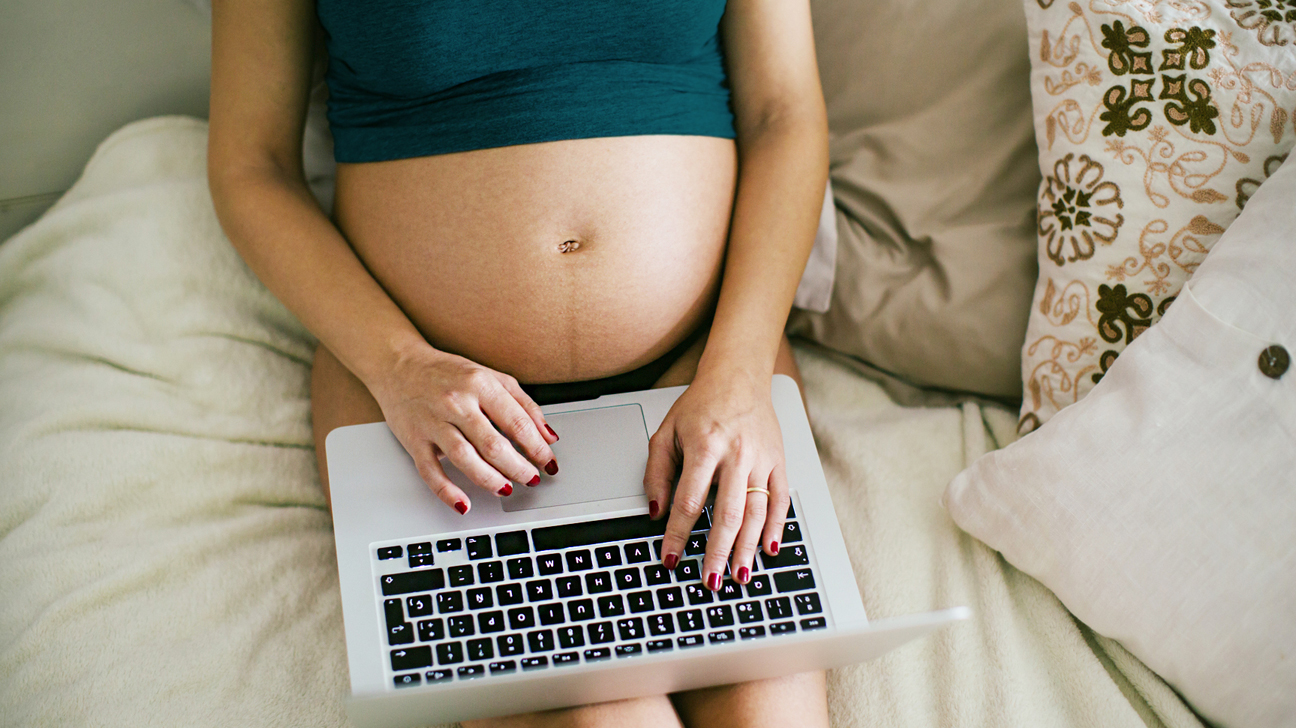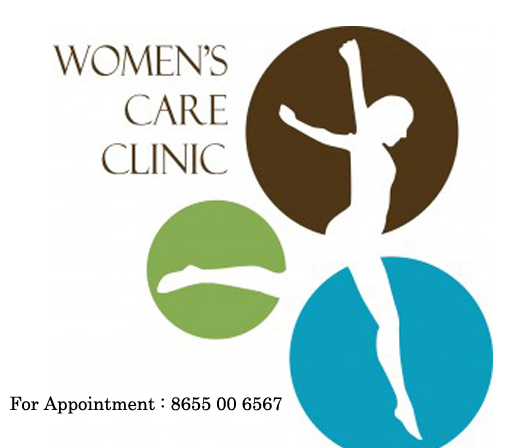In 2019, a new virus hit the world scene and spread rapidly: a novel coronavirus, responsible for the respiratory disease COVID-19. With Zika virus and its risks of birth abnormalities still fresh on many people’s minds, pregnant women may have added another worry to their growing lists.
And in 2020, the World Health Organization (WHO)Trusted Source declared the global outbreak of COVID-19 a “public health emergency of international concern.” Those are some scary words.
COVID-19 is still a new disease that hasn’t been well studied. How it affects pregnant women and their developing babies isn’t fully known. And that’s nerve-wracking.
But before you panic, read on. Here’s what you need to know about the new coronavirus if you’re pregnant or planning to become pregnant.
What is coronavirus?
Coronaviruses are a family of viruses that circulate in both humans and animals and can cause everything from the common cold to more serious respiratory illnesses.
In late 2019 a new coronavirus, called severe acute respiratory syndrome coronavirus 2 (SARS-CoV-2), surfaced in humans in Wuhan, China. ExpertsTrusted Source aren’t exactly sure how the virus originated or spread, but they suspect it may have transferred to humans from contact with an animal.
The virus causes a respiratory disease called COVID-19.
What symptoms do pregnant or breastfeeding women need to be aware of?
COVID-19 is mainly a respiratory disease. Symptoms typically appear between 2 and 14 days after exposure to the new coronavirus. Data from people who acquired COVID-19 in China found a median incubation period of 4 days. The most common symptoms — whether you’re pregnant or not — are:
cough
fever
shortness of breath
fatigue
Other symptoms include:
chills, which may sometimes occur alongside repeated shaking
sore throat
headache
loss of smell or taste
muscle aches and pains
Call your doctor if you have any of these symptoms and are pregnant. You might need to be seen, and maybe even tested, but it’s important to give your doctor advance warning before going into the office so the staff can take precautions to protect their own and other patients’ health.
Are pregnant women more susceptible to the virus?
The virus hasn’t been extensively studied, so no one can say for sure.
But the Centers for Disease Control and Prevention (CDC)Trusted Source notes that pregnant women are more susceptible than others to all kinds of respiratory infections, such as the flu. This is partly because pregnancy changes your immune system and partly because of the way pregnancy impacts your lungs and heart.
Even so, as of March 2020, there’s no concrete evidence suggesting that pregnant women are more prone to COVID-19 than other people, says a 2020 study. And even if they do get the infection, the researchers go on to point out, they’re no more likely than others to get severe complications of the disease, like pneumonia.
What medical treatments are safe for pregnant women with the coronavirus?
Treatment for COVID-19 is similar to the treatment of other respiratory illnesses. Whether you’re pregnant or not, doctors advise:
taking acetaminophen (Tylenol) for a fever of 100.4°F (38°C) or higher
staying well hydrated with water or low-sugar drinks
rest
If Tylenol doesn’t bring down your fever, you have difficulty breathing, or you start vomiting, call your doctor for further guidance.
HEALTHLINE RESOURCES
Until you get through this, count on our support
In difficult times, you need to be able to turn to experts who understand and can help strengthen your mental well-being. We’re here for you.
How dangerous is it for a pregnant woman to get this coronavirus?
Again, because the virus is so new, there’s little data to go on. But experts can pull from the past. The CDCTrusted Source notes that pregnant women who have gotten other, related coronaviruses have a greater chance of having worse outcomes than pregnant women who don’t get these infections.
Things like miscarriage, preterm birth, stillbirth, and having a more severe infection have all been observed in pregnant women with other coronaviruses. And a high fever in the first trimester of pregnancy, regardless of its cause, can lead to birth defects.
OK, take a deep breath. We know that sounds super scary. But all the news isn’t dire, especially when we look at pregnant women who have delivered while sick with this particular virus.
According to a WHO reportTrusted Source that looked at a small sampling of pregnant women with COVID-19, the overwhelming majority didn’t have severe cases. Of the 147 women studied, 8 percent had severe COVID-19 and 1 percent were critical.
The Royal College of Obstetricians and Gynaecologists reports that while some Chinese women with coronavirus symptoms have given birth to preterm babies, it’s unclear whether the babies were born early because of the infection or because doctors decided to risk a premature delivery because the moms-to-be were unwell. They’ve also seen no evidence that this particular coronavirus causes miscarriage.
Can the virus pass to my baby during pregnancy or childbirth?
Judging from the women who have given birth while infected with this coronavirus, the answer is probably that it’s unlikely — or more accurately, that there’s no definitive evidence that it does.
COVID-19 is a disease that’s mainly passed from person to person through droplets (think the coughs and sneezes of infected people). Your baby can only be exposed to such droplets after birth.
In one tiny study looking at nine pregnant Chinese women infected with the new coronavirus in the last trimester of pregnancy, the virus didn’t show up in samples taken from their amniotic fluid or cord blood or in throat swabs of the newborns.
However, in one slightly larger studyTrusted Source, three newborns born to women with COVID-19 did test positive for the virus. The other 30 newborns in the group tested negative, and researchers aren’t sure whether the babies who tested positive really contracted the virus in utero or if they got it shortly after delivery.
HEALTHLINE EVENT
Back to school & COVID-19? Ask Dr. Fauci in live event
Join a live Q&A featuring the nation’s leading infectious disease expert, Dr. Fauci, and a panel of frontline medical experts as they discuss masks, vaccines, back to school and more during COVID-19.
If I have COVID-19 at the time of delivery, will I need a cesarean section?
Whether you deliver your baby vaginally or via cesarean will depend on a lot of factors, and not just whether you have COVID-19.
But expertsTrusted Source say a vaginal delivery is favorable to a cesarean delivery, provided you’re eligible for a vaginal delivery and aren’t recommended for a c-section due to other factors. Performing surgery on a body already weakened with a serious virus might cause additional complications, they note.
Can the coronavirus pass through breast milk?
In the few studies that have been done on breastfeeding women with the coronavirus, the answer appears to be no. But experts caution that more research needs to be done before they can definitively say there’s no risk.
The CDCTrusted Source says if you’re a new mom who has COVID-19 (or suspects you might), talk to your doctor about the pros and cons of breastfeeding. If you do decide to breastfeed, you can help limit your baby’s exposure to the virus by:
wearing a face mask
washing your hands thoroughly before touching your baby; be sure to get under your nails and into the webbing of your fingers
washing your hands thoroughly before handling a breast pump or bottle
considering having someone who is well give the baby a bottle of expressed breast milk
What are the best strategies for avoiding the coronavirus?
No doubt you’ve heard them before, but they bear repeating:
Wash your hands for 20 seconds with soap and water. (Check out our how-to.) In a pinch, use hand sanitizer with at least 60 percent alcohol. And skip the baby wipes — they don’t disinfect.
Stand 6 feet away from people.
Avoid touching your face, especially your mouth, eyes, and nose.
Stay out of large crowds. In fact, the more you can limit your exposure to people, the better.
Take care of yourself. Eat well. Get enough rest. Exercise if your doctor says it’s OK. A healthy body is better able than a run down one to ward off all kinds of diseases.
For more info visit: www.acmefertility.com or contact us on : ivf@acmefertility.com




Wow, superb weblog format! How long have you ever been blogging for? you made running a blog look easy. The entire look of your site is great, let alone the content material!!
Wow, incredible blog structure! How long have you ever been blogging for? you make blogging look easy. The entire glance of your web site is wonderful, let alone the content material!!
https://oscialipop.com – purchasing cialis online Seulus Online Zithromax No Prescription Cialis Yaugye https://oscialipop.com – cialis for daily use
Good post. I learn something totally new and challenging on blogs I stumbleupon every day. It will always be interesting to read through articles from other writers and use a little something from other sites.
of course like your web-site but you need to check the spelling on several of your posts. Several of them are rife with spelling problems and I find it very troublesome to tell the reality then again I?¦ll surely come back again.
Misoprostol 200 Mcg Online ivermectin human dosage
If you wish for to get a great deal from this piece of
writing then you have to apply these strategies to your won website.
buy cialis online without prescription Patients adjuvant HT utilization patterns for the two HT types tamoxifen or AIs were also categorized into five groups, including tamoxifen only, tamoxifen switched to AIs, AIs only, AIs switched to tamoxifen, and multiple switches between tamoxifen and AIs
Sensitive or petite people Start with 1 12 or 1 6 tsp best cialis online